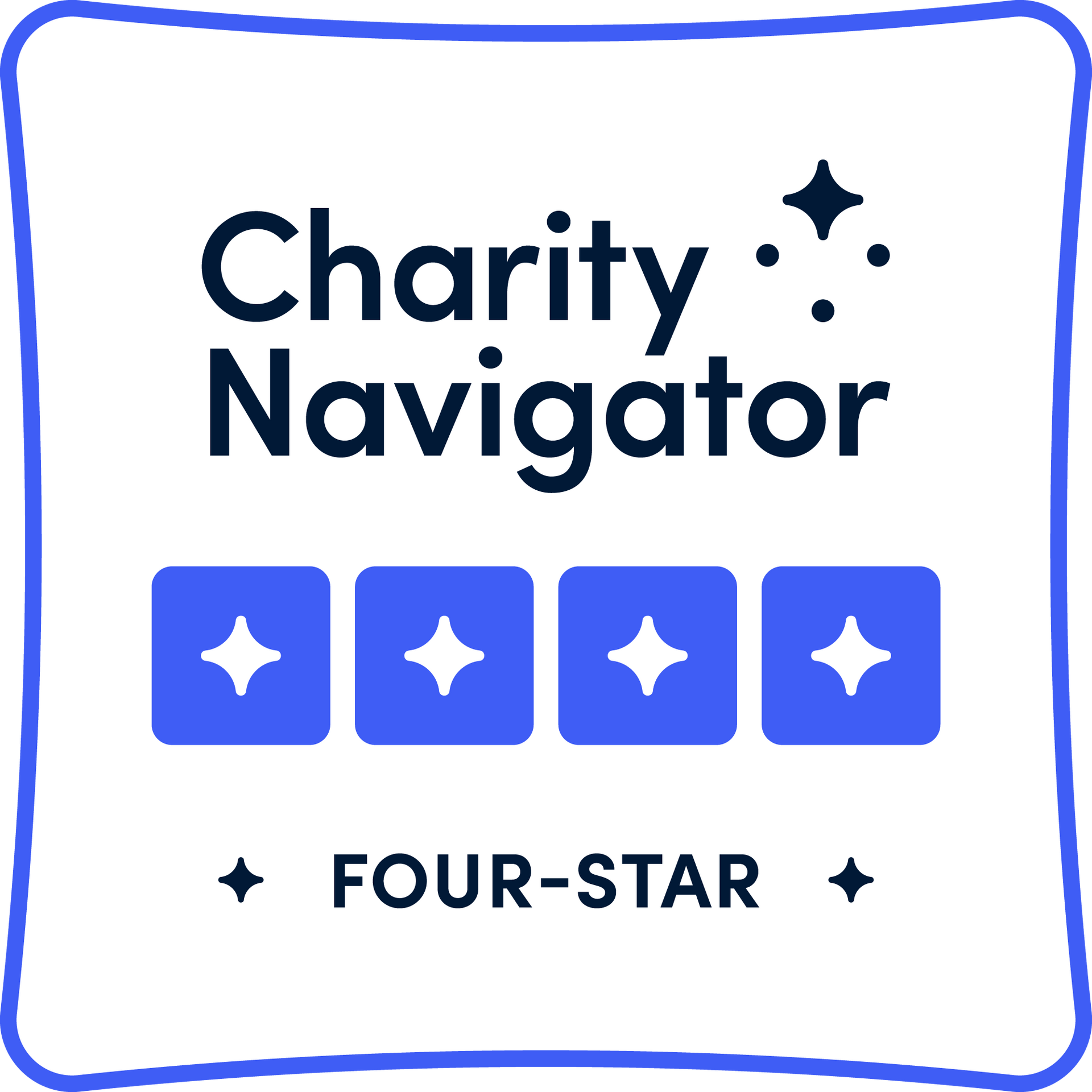Boxwood Blight Insight Group Wins Prestigious NIFA Award
The Horticultural Research Institute is invested in helping the industry understand and navigate the ever-changing environment of boxwood health. HRI continues to guide research, monitor results, and provide an expanding toolbox of resources on boxwood health directly to the industry. Although boxwood blight continues to challenge the industry, research is making it possible for growers and landscapers to better manage the disease, produce blight-free plant stocks, and build resilience into production and plantings.
Recently, these successes have been celebrated by the USDA’s National Institute of Food and Agriculture prestigious Partnership Awards. The Boxwood Blight Insight Group, one of HRI’s key partnerships, was selected as the 2022 Partnership Award in Program Improvement through Global Engagement. NIFA solicits nominees from across stakeholder groups (all sectors of ag) and winners are selected from a review panel.
The Boxwood Blight Insight Group (BBIG) is an international research and education consortium working to improve boxwood blight mitigation through innovation, economic analysis and education and is funded through the Specialty Crop Research Initiative (SCRI). Since beginning work in 2020, the BBIG team has conducted boxwood cultivar evaluations throughout the U.S. and Germany, adapted mulching for disease mitigation, identified fungicides for boxwood protection, improved diagnostics, identified biocontrol agents, assessed antidesiccants for mitigation, and analyzed the spread of boxwood blight and its impacts on production. Further, the group has hosted a dozen seminars, presented at nearly 200 events, and authored more than 125 articles.
HRI participates on the advisory board for this project, hosts the group’s website, and assists in the project team’s outreach and educational efforts.
Learn more about the BBIG project and the award in this article issued by Virginia Tech.
Virginia Tech-led Research Group Wins USDA Award
The Boxwood Blight Insight Group (BBIG) was awarded a Partnership Award from the USDA’s National Institute of Food and Agriculture in the Program Improvement through Global Engagement Category.
The group of researchers and collaborators from across the country, with partners around the world, is led by Chuan Hong, Plant Pathology professor in the Virginia Tech School of Plant and Environmental Sciences. The group studies the emerging destructive disease of boxwood blight, which has destroyed entire crops, resulting in significant economic losses for garden centers and production facilities, as well as many historic boxwood plantings. Over the past three years, the scientists have collaborated with colleagues in Germany, Belgium, and the United Kingdom on the best ways to mitigate the spread of the boxwood blight.
Symptoms of blight include black, cloudy spots on leaves, which often get larger and cover the entire leaf, causing it to fall off of the plant. “I am honored and excited and my first reaction was to share the great new with the entire BBIG team,” Hong said, who is located at the Hampton Roads Agricultural Research and Extension Center.
According to the USDA, the award is given to a program that “strengthens U.S. agriculture through effective international engagement in research, education and/or Extension.” In an effort to study and look for ways to better contain and manage the disease, researchers took samples from three nurseries in Oregon, one of several states experiencing blight, noting it at two of the three nurseries. They found the cool, wet spring of 2022 led to new infections and outbreaks.
The researchers conducted experiments, looking at the impact of temperature on infection by two fungal pathogens, Calonectria pseudonaviculata (Cps) and C. henricotiae (Che).
They found the optimal temperature for Cps is dependent upon the substrate on which they are grown. For potato dextrose agar, it is 25 degrees Celsius, while malt extract agar grows better at 15 to 20 degrees Celsius. In the lab, the reaction of six boxwood cultivars were tested to see the reaction to Cps and Che at four temperatures.
They found that it is possible that temperature contributed to observed variable response. To better manage the disease, three antidesiccant products were tested. Virginia Tech researchers worked with state partners and growers in North Carolina, another impacted state, applying the solutions at two sites every four weeks.
After careful analysis, researchers found that SSG, a boxwood endophyte, induces various defense priming in boxwood plants, but it did not survive well on the foliage surface, suggesting its survival is critical to realize the full potential of the bacterial strain. In addition, they found Bacillus methylotrophicus BP1024, a biocontrol agent, had the potential to control blight and promote growth.
Going forward, the group plans to test whether higher nitrogen levels contribute to increased susceptibility and if higher calcium levels will lead to a decrease. To make the research done in Europe and elsewhere available for the U.S. horticulture industry and the public, the group conducted an International Boxwood Seminar Series, which was attended by people from the U.S. and twenty other countries on five continents.
They have presented their findings to more than 13,000 people at seminars in five countries, written more than 50 journal articles, and presented at nearly 200 Extension and outreach events. Due to their research, the group has adapted mulching as a means for blight mitigation, identified effective and cost-effective fungicides and analyzed the spread of the disease in the U.S.
Findings have also caused growers to shift their production to less susceptible cultivars, which they believe will fast track the nation’s sustainability of boxwood production and gardening. Through outreach efforts, growers have implemented blight mitigation and boxwood crop health management systems, working to detect accidental introduction early, and contain and eradicate the disease.
As a result, boxwood production has shifted to states less affected by the disease, resulting in a 25 percent increase from 2016 to 2021. Boxwood blight was first discovered in the 1990s in the United Kingdom and New Zealand, spreading to continental Europe in the late 1990s and early 2000s, and the U.S. in 2011. Boxwoods have been featured in American landscapes since 1653 and is the nation’s leading evergreen ornamental shrub crop.
Share This Post






